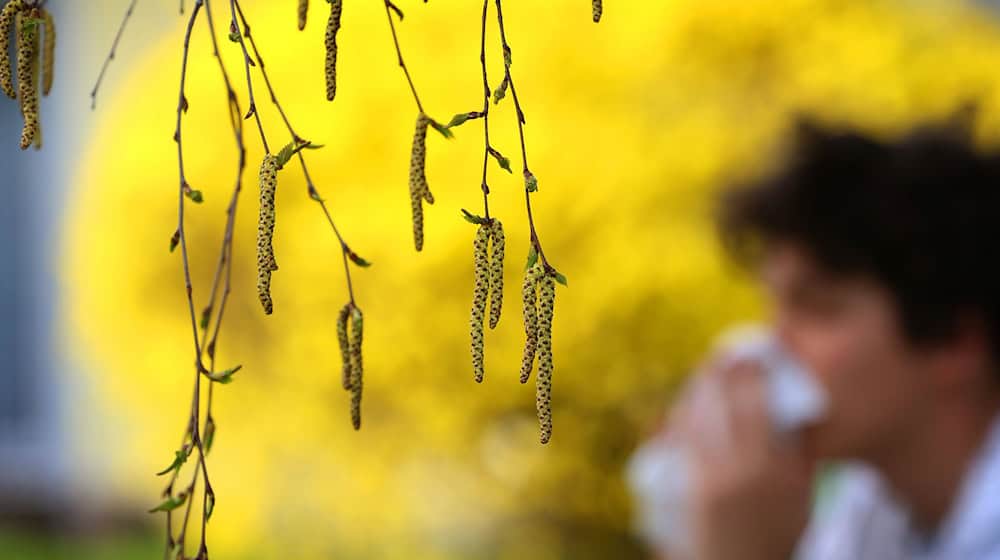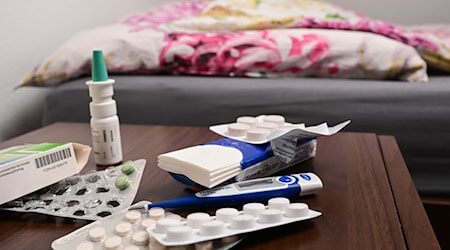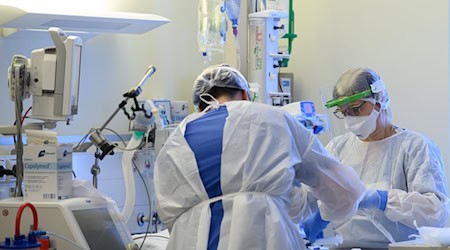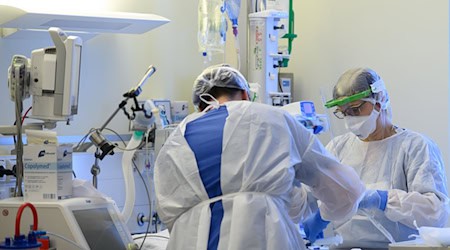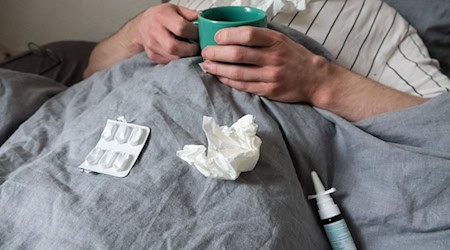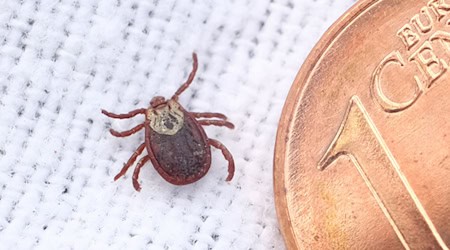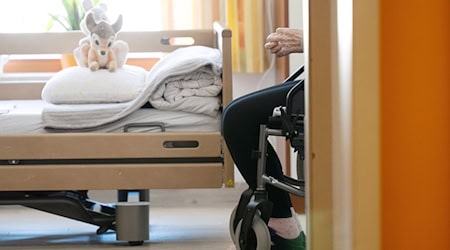After a brief respite due to cooler and rainy weather, experts in Saxony are expecting pollen concentrations to rise again in the coming days. Ash and birch in particular are likely to be among the main causes of allergic complaints, said Christina Endler from the Center for Medical Meteorological Research of the German Weather Service (DWD). Although the temperature dampener at the weekend could temporarily reduce the burden, the pollen count will pick up speed again at the beginning of the week.
According to the Director of the Clinic for Dermatology, Venereology and Allergology at Leipzig University Hospital, Professor Jan-Christoph Simon, the period of suffering for allergy sufferers could even be extended this year. "The pollen count is starting earlier and lasting longer," said Simon. The reason for this is global warming, which is also increasingly bringing Mediterranean plants to Germany. "In the worst case scenario, this means that people are allergic to both early and late-flowering species." For some, the pollen season therefore begins as early as the end of January - and it can extend into September or even October.
Birch pollen and soy - a dangerous combination
Birch is particularly problematic - also because of possible cross-reactions with food. "In Leipzig, we discovered a long time ago that birch pollen allergy sufferers are also allergic to a certain storage protein in soy," explained Simon. In extreme cases, this can lead to an allergic shock.
Simon advised those affected to regularly check the current pollen count - for example via the electronic pollen monitor at Leipzig University Hospital. The device on the hospital roof has been measuring the pollen concentration for several years - the data is available online.
Simple everyday protection - and medical options
Simon said that simple everyday measures are also helpful: "Shake out your hair in the evening or take a shower," said Simon. You should also air the room in the morning "when the pollen concentration is at its lowest" - and not dry laundry outside when the pollen count is high.
For medical treatment, the allergist recommends combination preparations consisting of an anti-allergy drug and a decongestant, such as a nasal spray, at an early stage. "And there is of course the option of desensitization after appropriate diagnostics," explained Simon, as an injection or in tablet form.
Copyright 2025, dpa (www.dpa.de). All rights reserved

